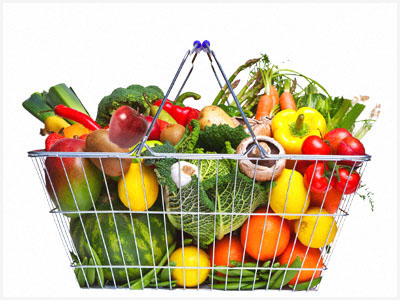
The purpose of the FSSC 22000 Standard is to harmonize certification requirements and methods for food safety systems in the food chain and to provide a comparable reliable food safety certificate in terms of relevant content and scope. FSSC 22000 is a published standard for food production organizations, consisting of a combination of the ISO 22000 standard and the PAS 220 specification.
The scope of the FSSC 22000 Standard is as follows.
1. Scope
2. Cited standards
3.Terms and descriptions (food safety, food chain, food safety hazard, food safety policy, end product, flowchart, control measure, prerequisite program, operational prerequisite program, critical control point, critical limit, monitoring, correction, corrective activity, validation, verification, update
4. Food safety management system (general conditions, documentation conditions)
5. Management responsibility (commitment of management, food safety policy, planning the food safety management system, responsibility and authority, food safety team leader, communication, emergency preparedness and response, management review)
6. Resource management (provision of resources, human resources, infrastructure, working environment)
7.Safe product planning and realization (general, prerequisite programs, primary stages of performing hazard analysis, hazard analysis, creation of operational prerequisite programs, creation of HACCP plan, updating of initial information and documents specified in OGP and HACCP plans, verification planning, traceability system, nonconformity check)
8.Validation, verification and improvement of the food safety management system (validation of general, control measure combinations, control of monitoring and measurement, verification of the food safety management system, improvement)
In addition, the FSSC 22000 standard includes the following substances and five additional items in the ISO 22000 standard:
1. Structure and layout of buildings
2. Placement of workspaces, buildings and extensions
3. Auxiliary facilities (air, water and energy resources)
4. Support services such as waste and sewerage
5. Equipment suitability, cleaning and maintenance
6. Management of purchased materials
7. Measures to be taken to prevent cross contamination
8. Cleaning and sanitation applications
9.Pest control
10. Employee hygiene
11. Reprocessing processes
12. Product recall processes
13. Storage processes
14. Informing the consumers
15. Food defense applications